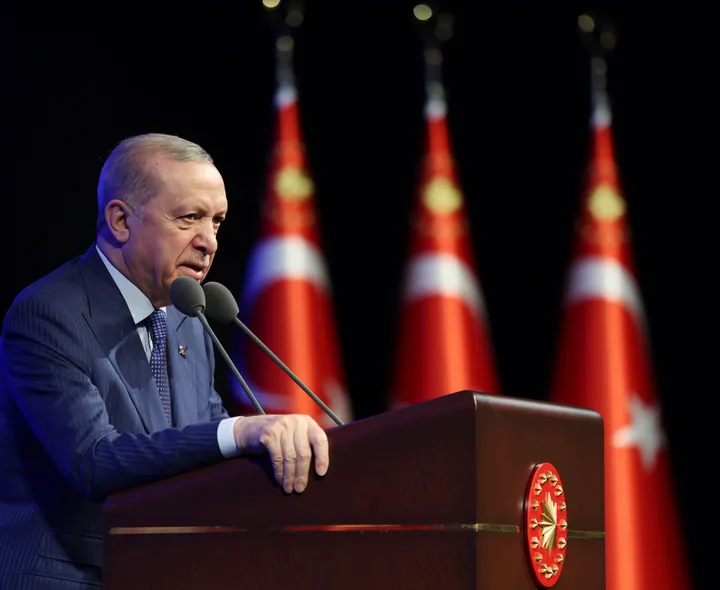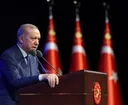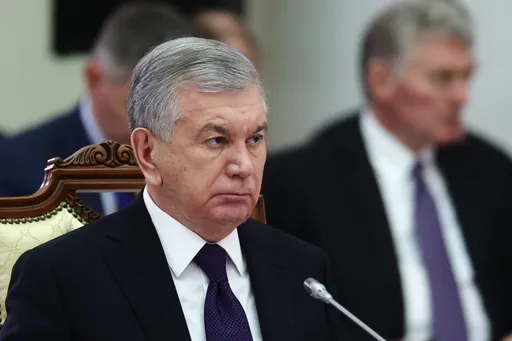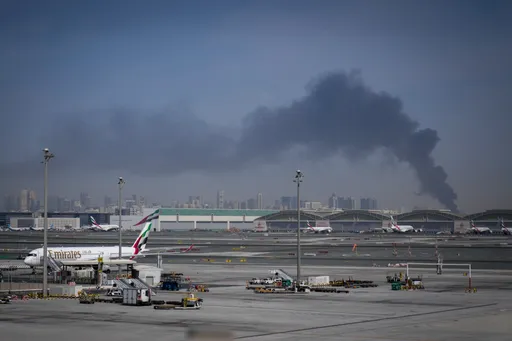The half-brother of Jordan's King Abdullah has said that he has been placed under house arrest by Jordanian authorities and accused the country's leadership of corruption and incompetence.
In a videotaped statement leaked to the British Broadcasting Corp., Prince Hamzah bin Hussein said he was visited early Saturday by the country's military chief and told "I was not allowed to go out, to communicate with people or to meet with them."
He said his security detail was removed, and his phone and Internet service had been cut. He said he was speaking over satellite Internet, but expected that service to be cut as well. The BBC says it received the statement from Hamzah's lawyer.
In the statement, Hamzah said he had been informed he was being punished for taking in part in meetings in which the king had been criticized, though he himself was not accused of being a direct critic.
He said he told the army chief: "I am not the person responsible for the breakdown in governance, for the corruption and for the incompetence that has been prevalent in our governing structure for the last 15 to 20 years and has been getting worse by the year. I am not responsible for the lack of faith that people have in their institutions. They are responsible."
The country's top general had earlier denied that Hamzah – a former crown prince stripped of the title in 2004 – was arrested or under house arrest, even as authorities announced the arrests of former senior officials close to the ruling monarchy.
Hamzah was asked to "stop some movements and activities that are being used to target Jordan's security and stability," said Gen. Yousef Huneiti, the army chief of staff.
He said an investigation was ongoing and its results would be made public "in a transparent and clear form."
"No one is above the law and Jordan's security and stability are above all," he told the official Petra news agency.
Petra had earlier reported that two senior officials who formerly worked for the palace, along with other suspects, had been arrested for "security reasons," without providing further details.
US, Saudi Arabia voice support for King Abdullah
The US State Department said that King Abdullah is a "key partner" of the United States and "has our full support."
In an email, State Department spokesman Ned Price said, "We are closely following the reports and in touch with Jordanian officials. King Abdullah is a key partner of the United States, and he has our full support."
The Saudi royal court voiced its support for Jordan's King Abdullah, state media reported.
"The kingdom affirms its full support, with all its capabilities, to all decisions and measures taken by King Abdullah and His Highness Prince Al Hussein bin Abdullah II, the Crown Prince, to maintain security and stability," said a statement from the Saudi royal court.
Egypt and Lebanon's PM-designate Saad Hariri also expressed support for King Abdullah.
Rare arrests in Arab country
Abdullah dismissed Hamzah as heir to the throne in 2004 in a move that consolidated his power.
Petra said US-educated Bassem Awadallah, a long-time confidant of the king who later became minister of finance, and Sharif Hassan Ben Zaid, a member of the royal family, were detained along with other unnamed figures. It gave no details.
Arrests of top officials and royal family members are rare in Jordan, a key Western ally.
Stiff resistance from old guard
US ally Abdullah has succeeded in bringing political stability to the country and gaining stature as a prominent Arab leader whose message of moderation has found an echo, especially in Western forums.
Awadallah, who was a driving force behind economic reforms before he resigned as chief of the royal court in 2008, has long faced stiff resistance from an old guard and an entrenched bureaucracy that flourished for years on government perks.
Jordan's powerful intelligence agency, with a pervasive influence in public life, has played a bigger public role since the introduction of emergency laws at the outset of the coronavirus pandemic last year, which civic groups say violate civil and political rights.
Jordanian riot police last month broke up protests in Amman and other cities called to mark the 10th anniversary of Arab Spring pro-democracy demonstrations, and authorities detained dozens of activists, witnesses said.























